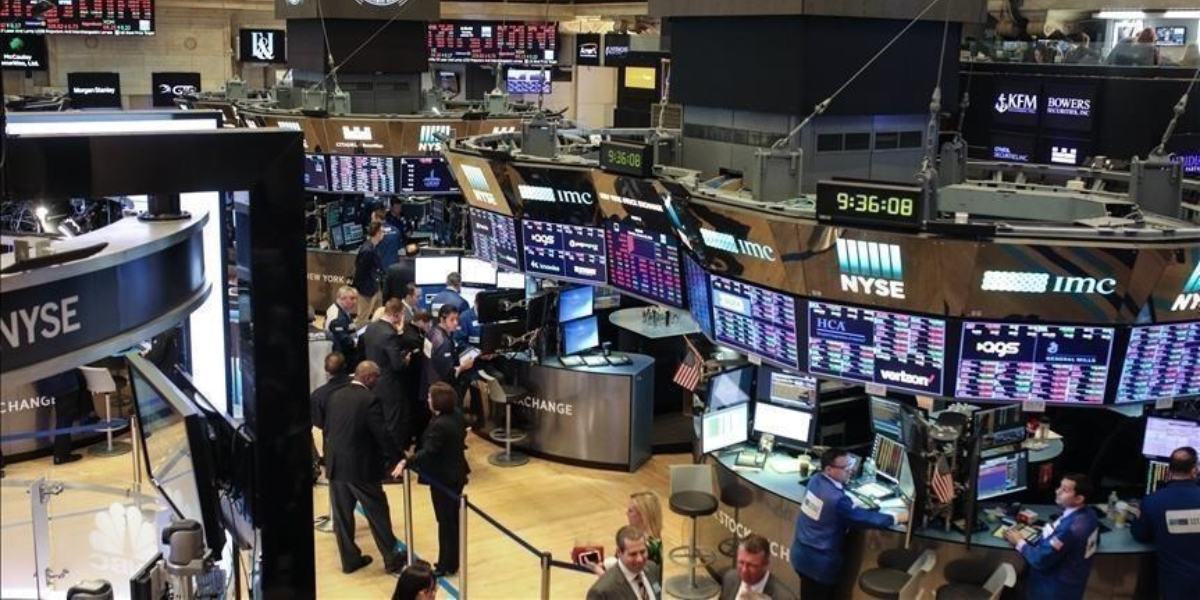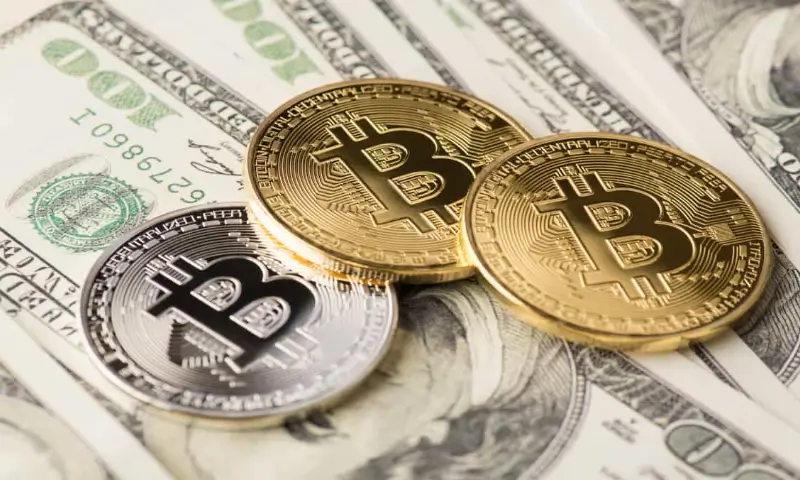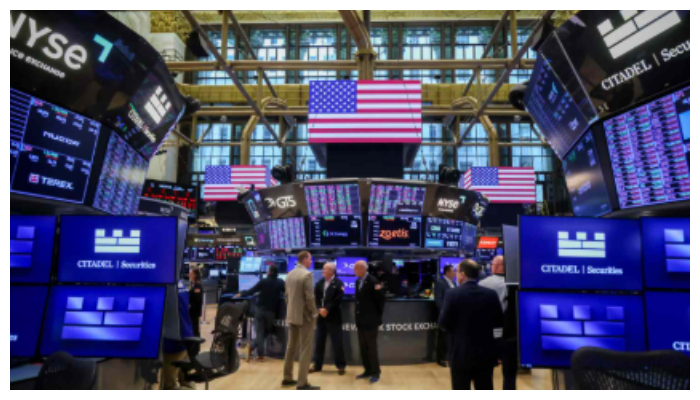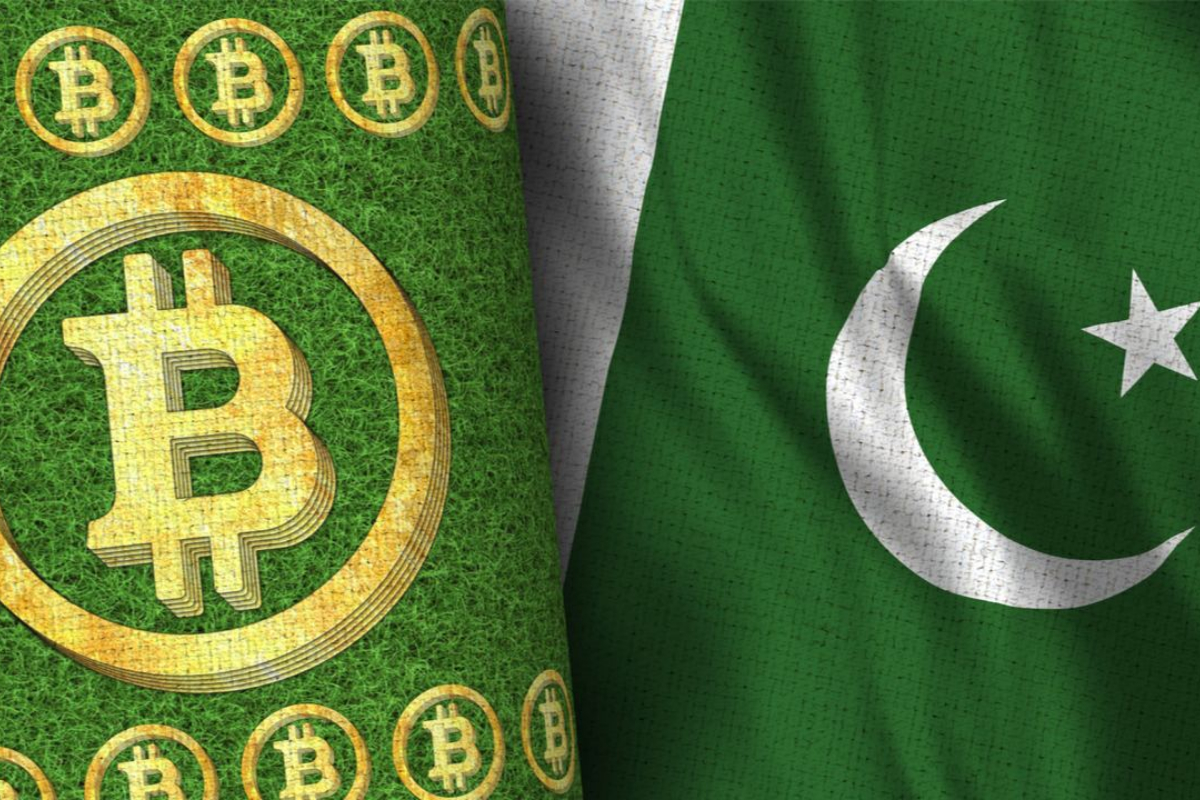US stock market sank in Tuesday afternoon trading as markets remained choppy following a hectic week of earnings reports from some of the country’s largest corporations, including Microsoft and Apple.
The S&P 500 index ended the day down 2.8 percent. The Dow Jones Industrial Average dropped 809 points, or 2.4 percent, to 33,240, while the Nasdaq lost nearly 4%. The Nasdaq, which is heavily weighted in technology, is down 11% so far in April, and is on course to have its worst calendar month since the financial crisis in 2008. It’s also down nearly 21% from its all-time high in November.
“It’s the market getting a little more comfortable with a slowdown at best and recessionary fears at worst,” said Ross Mayfield, investment strategy analyst at Baird.
The major indexes are down after a fairly lacklustre day on Monday that turned into a late rebound, fueled in part by technology companies following Twitter’s agreement to sell to Tesla CEO Elon Musk. Tuesday, Facebook sank 3.6 percent, while Tesla plummeted 11%, as investors worried that Musk would be distracted and less involved in leading the electric vehicle producer.
Technology stocks were once again steering the market, and they suffered some of the worst losses. Microsoft was down 3.2 percent, while Apple was down 3.4 percent. After the market closes on Tuesday, Microsoft will release its latest financial figures, while Apple will do so on Thursday.
Bond yields have dropped. The 10-year Treasury yield dipped to 2.77 percent on Tuesday from 2.82 percent late Monday.
With a 3% increase in US crude oil prices, energy businesses gained ground.
“the market to stomach” can’t take it anymore.
The stock market has been tumultuous in recent days as Wall Street assesses how China’s severe lockdown measures to combat COVID-19 will affect the broader global economy, particularly demand in the world’s second-largest economy.
“The market had gotten comfortable, to an extent, with the Fed, but when you layer on demand destruction in China, it’s a little much for the market to stomach,” Mayfield said.
According to CBS News’ Lucy Craft, the hardships of the lockdown have raised questions about the Chinese government’s dedication to its hardline “zero-COVID” stance. According to Craig Botham, chief China economist at Pantheon Macroeconomics, China’s GDP is headed for a “zero-COVID recession,” as Shanghai tightens regulations and COVID-19 cases mount in Beijing.
“We expect a further slowdown of growth in Q2, amounting to a recession, on our estimate of GDP,” Botham said in a monthly report.
For the rest of the week, Wall Street will be focused on earnings. Investors are scrutinising the newest set of corporate report cards to learn more about how different industries are dealing with growing inflation, which has forced many businesses to hike prices. The findings will also reveal how people are reacting to rising prices on everything from food to fuel.
Inflation has been steadily growing, prompting the Fed to change its monetary policies to combat it more vigorously. In upcoming meetings, Federal Reserve Chair Jerome Powell has hinted that the central bank may boost short-term interest rates twice as fast as usual. The Federal Reserve has already lifted its benchmark overnight rate, for the first time since 2018.
Because of the large interest-rate increases the Fed is anticipated to force through, economists and investors are fearful that the US economy could stall considerably or perhaps enter a recession.
For the latest Business News Follow BOL News on Google News. Read more on Latest Business News on oldsite.bolnews.com





















